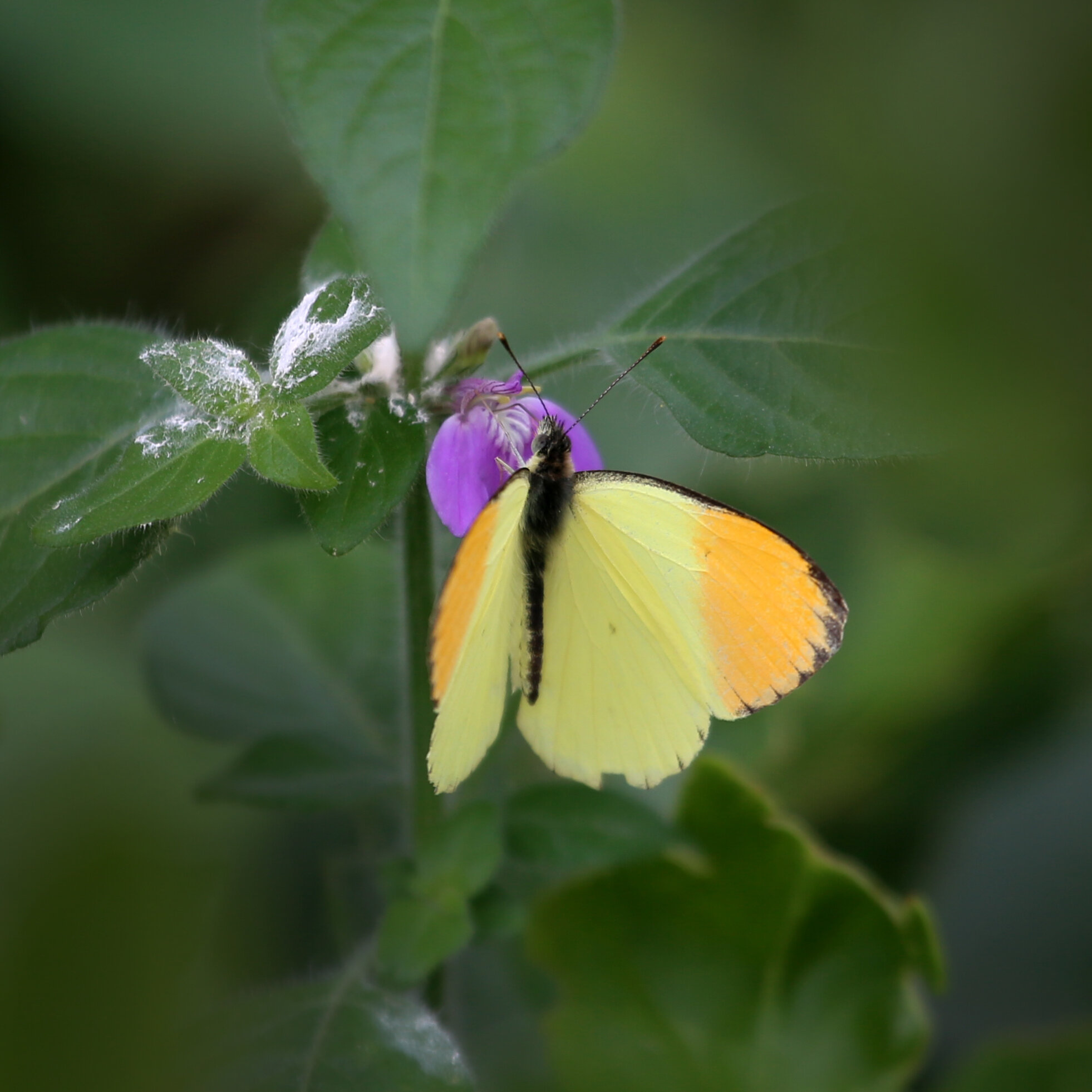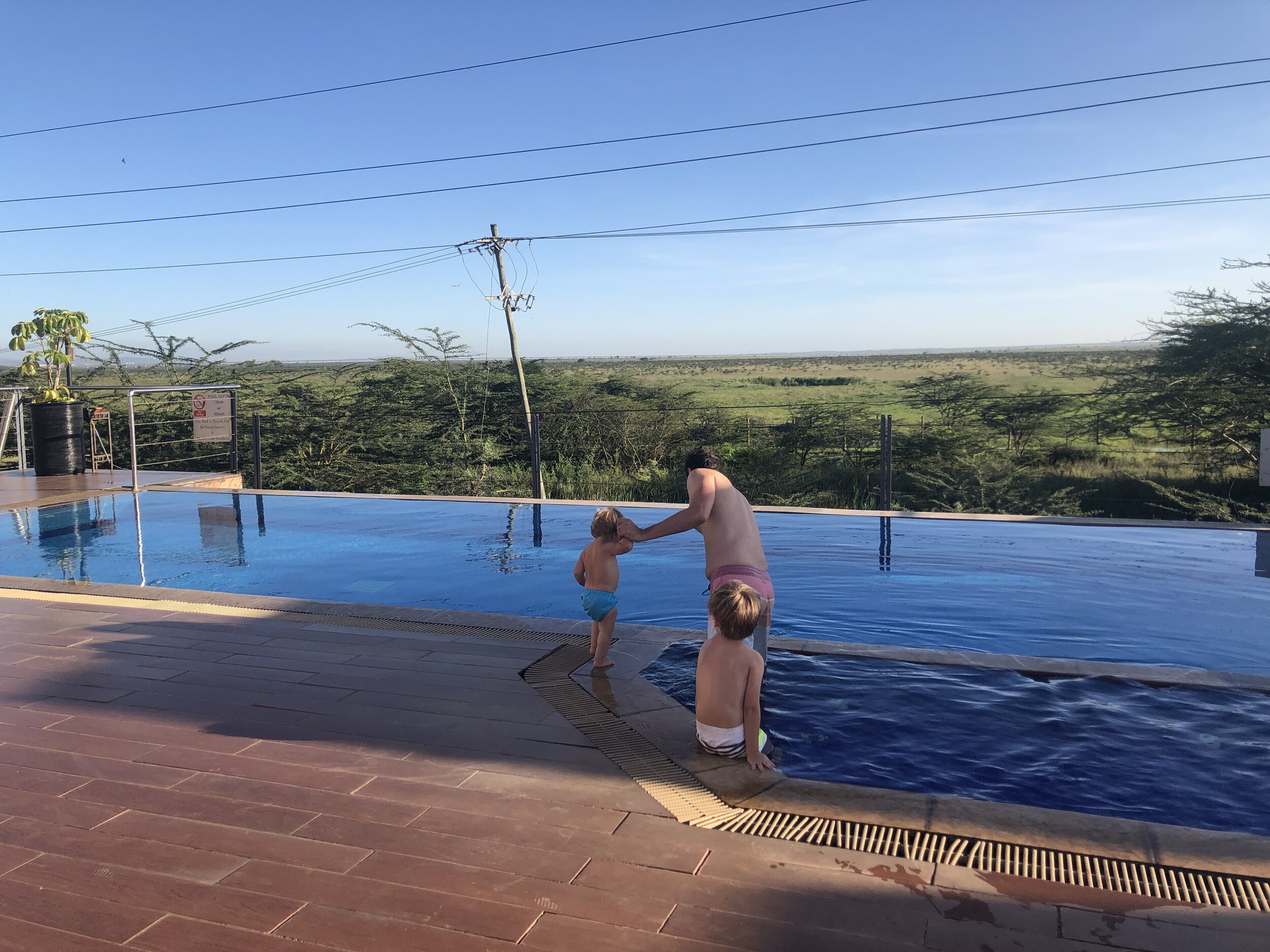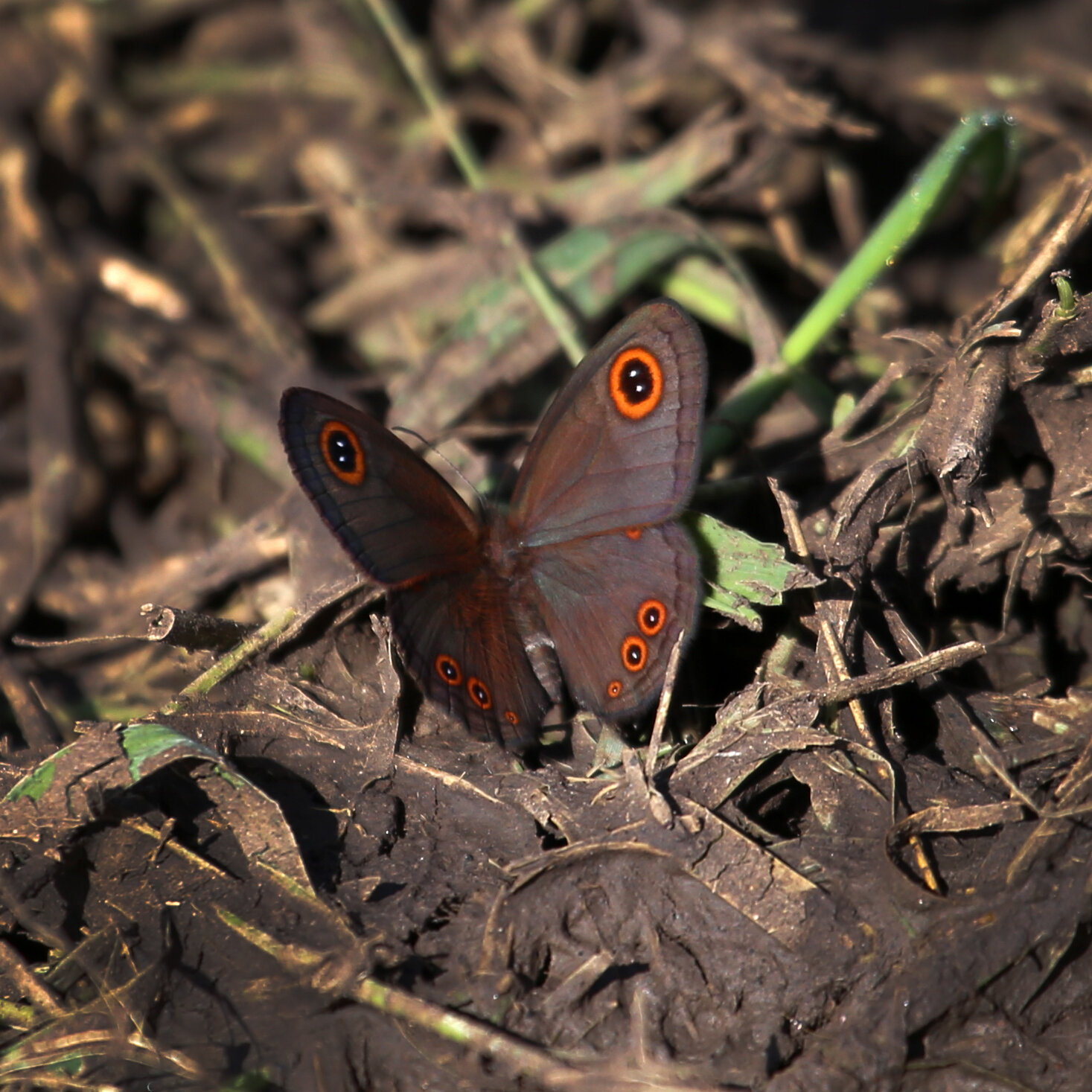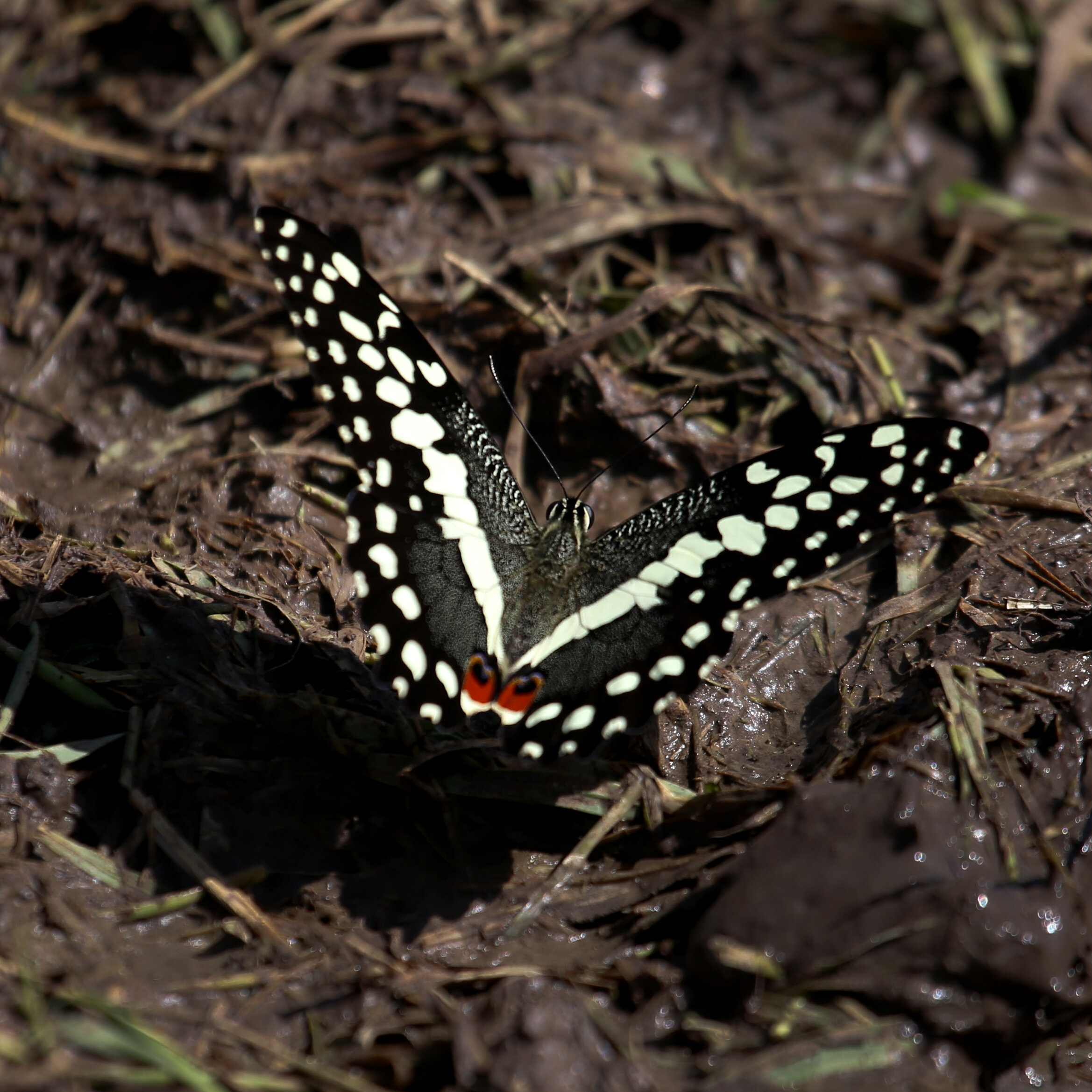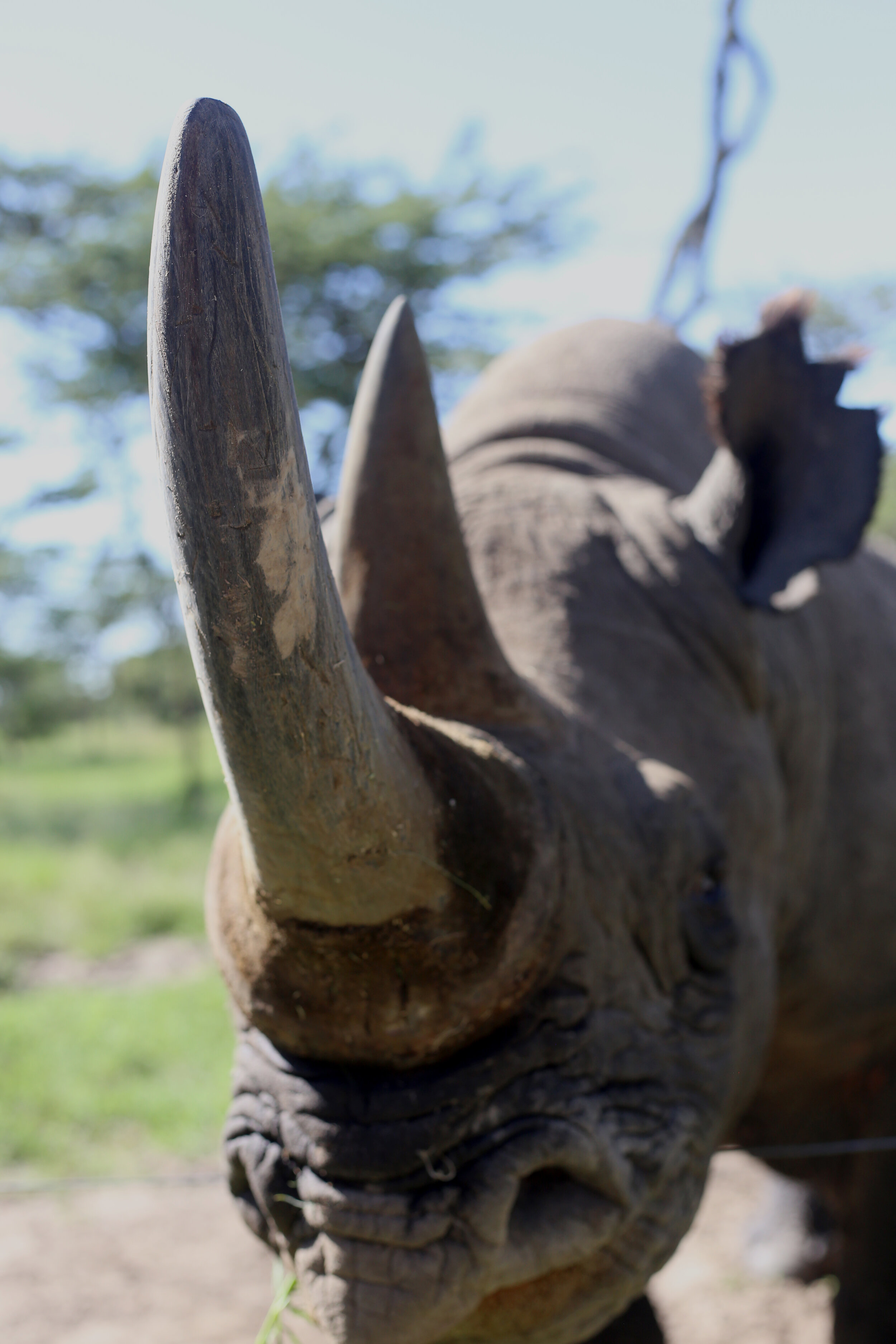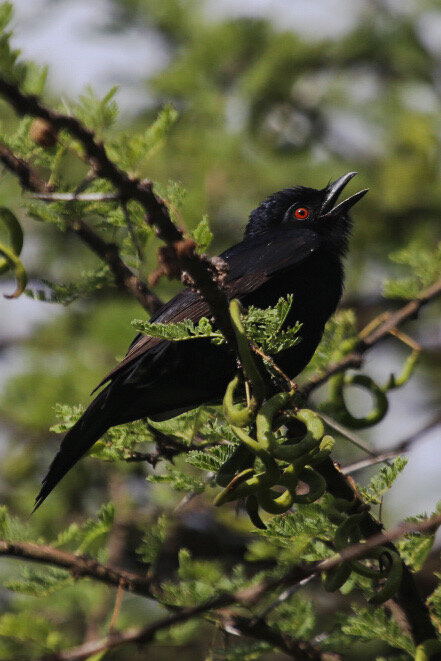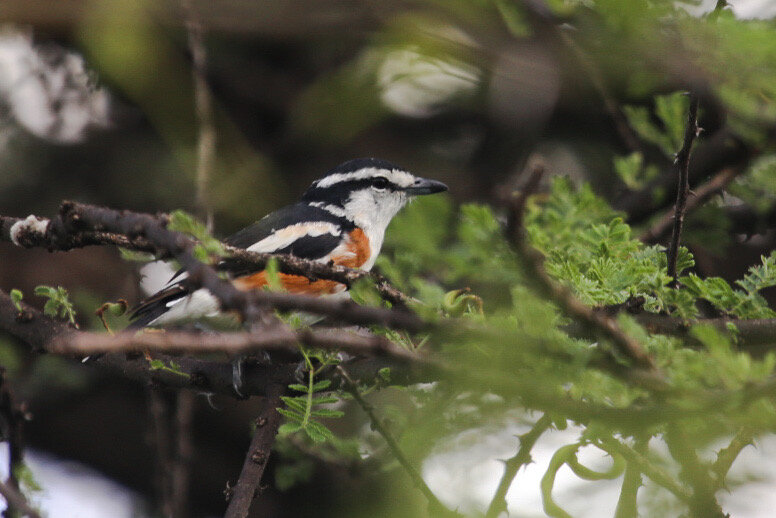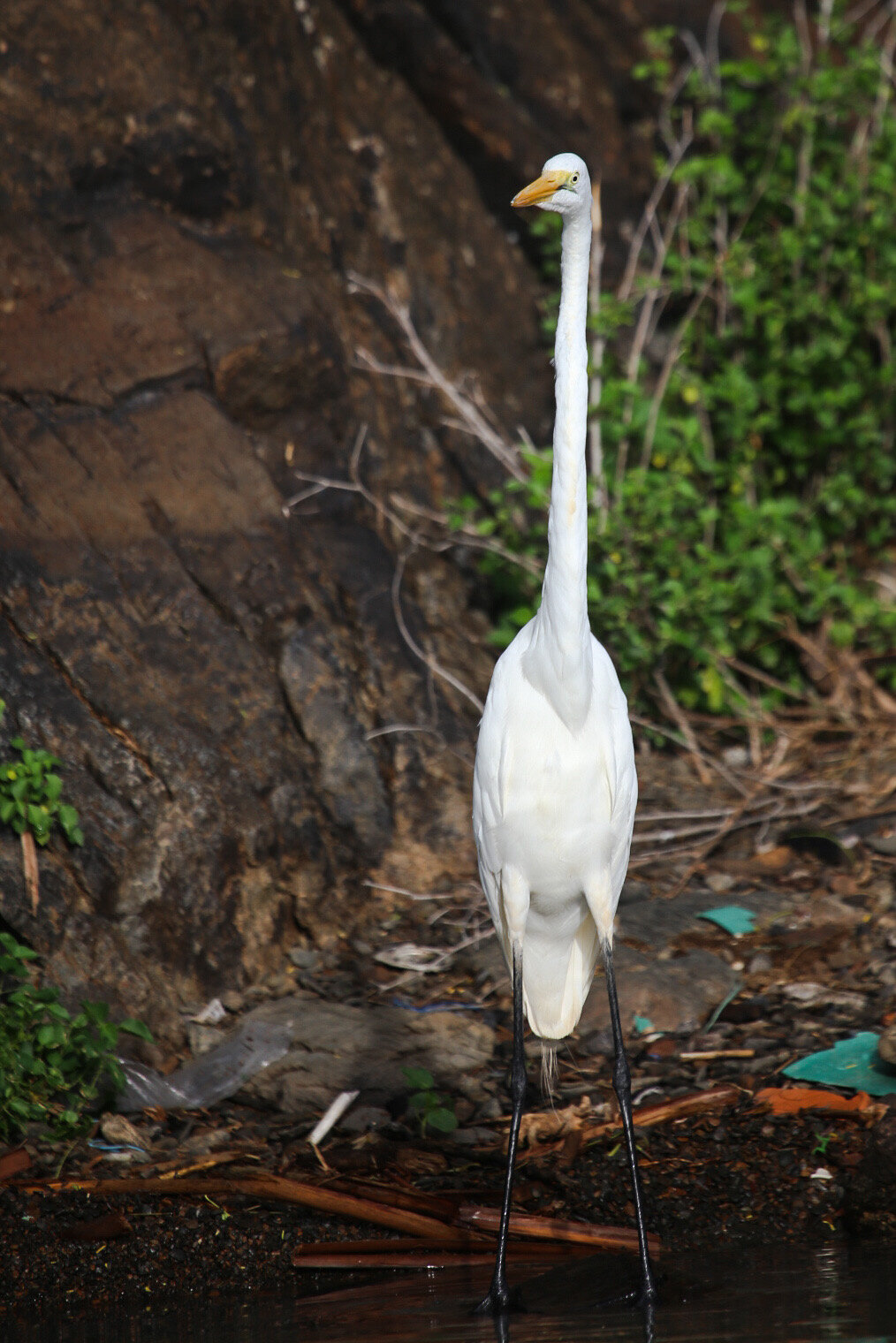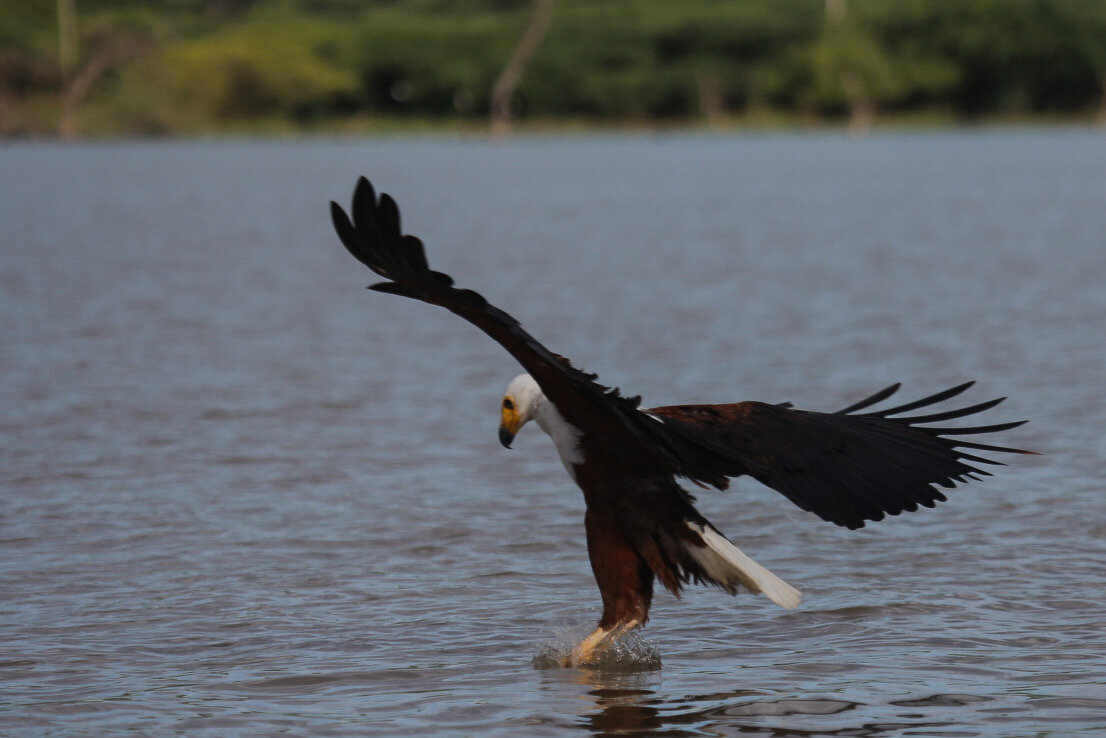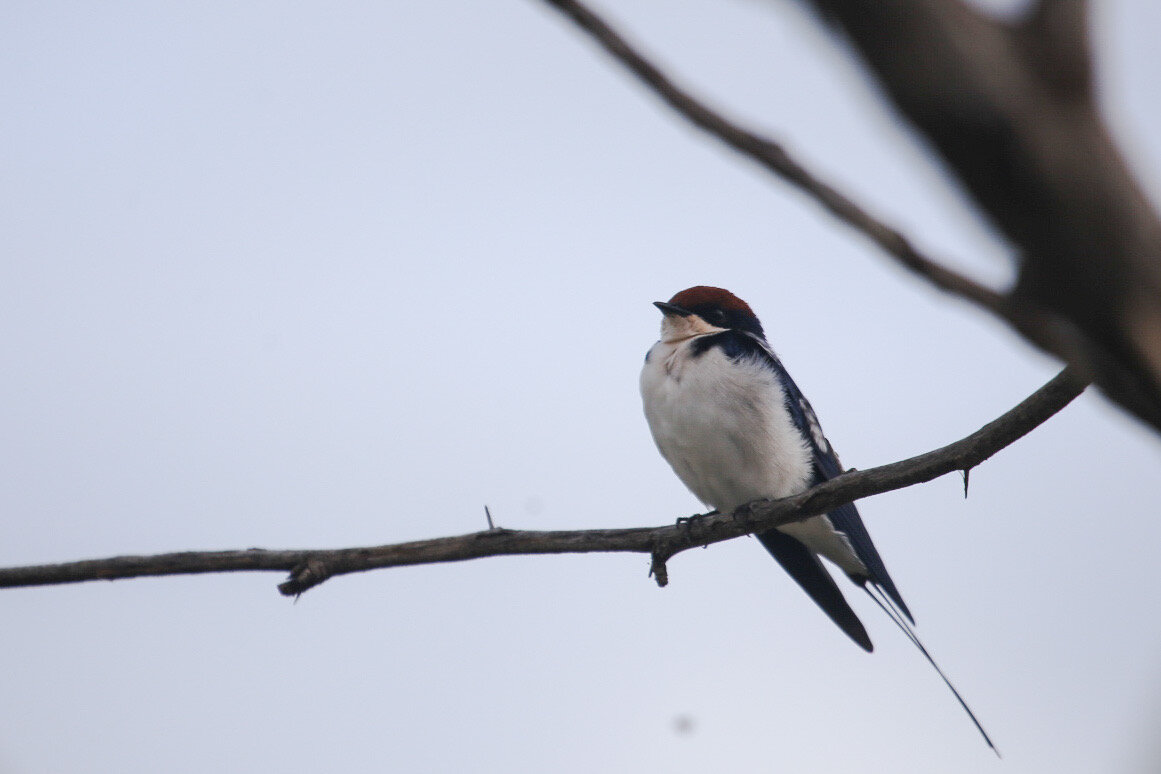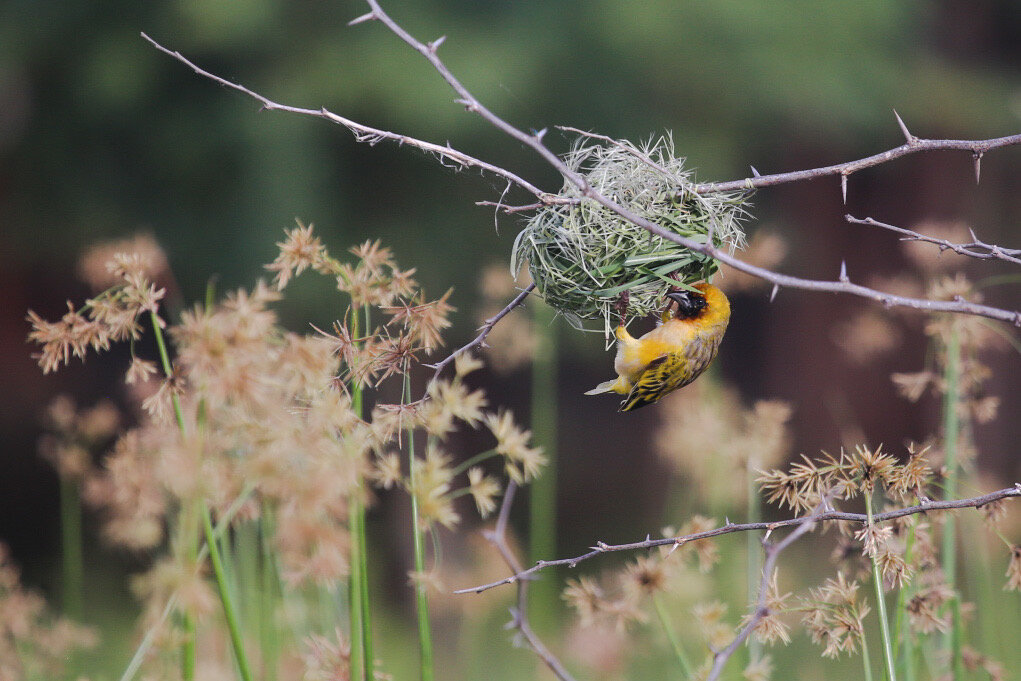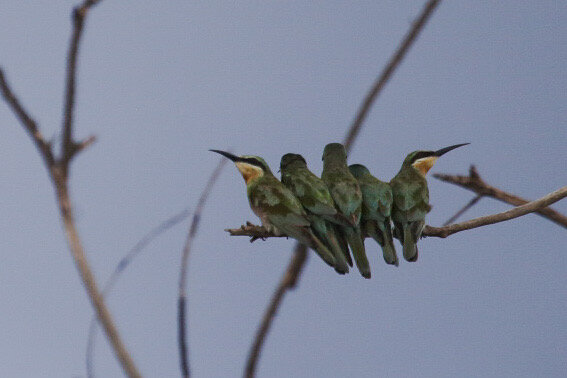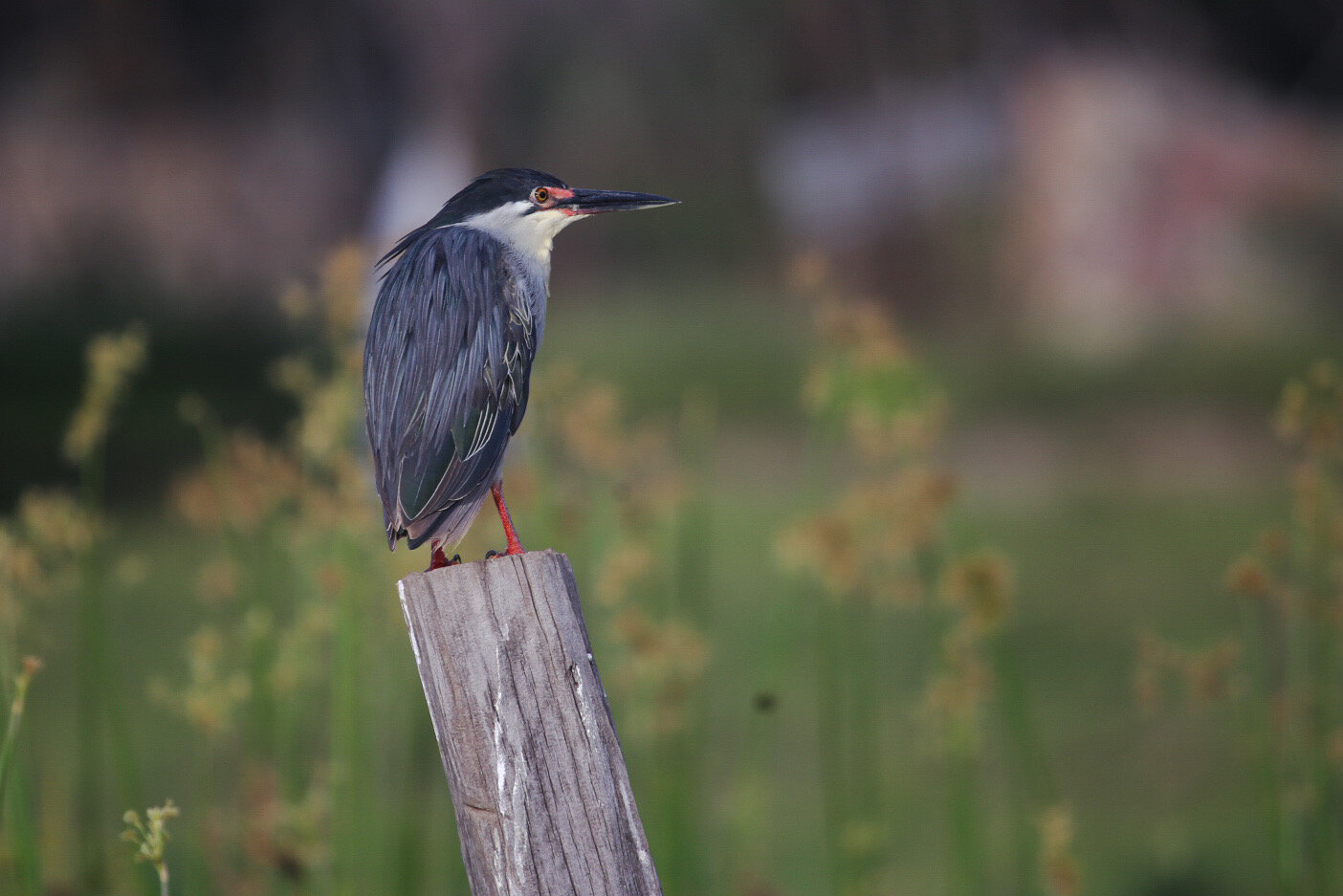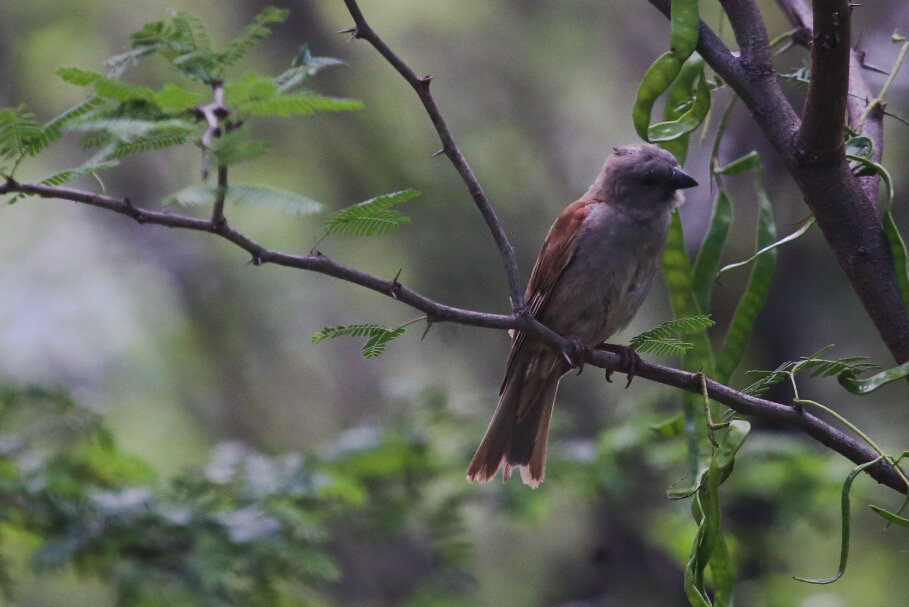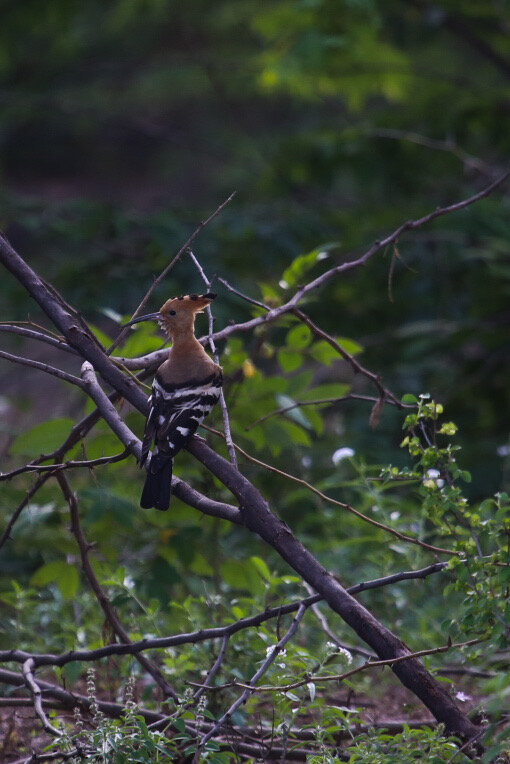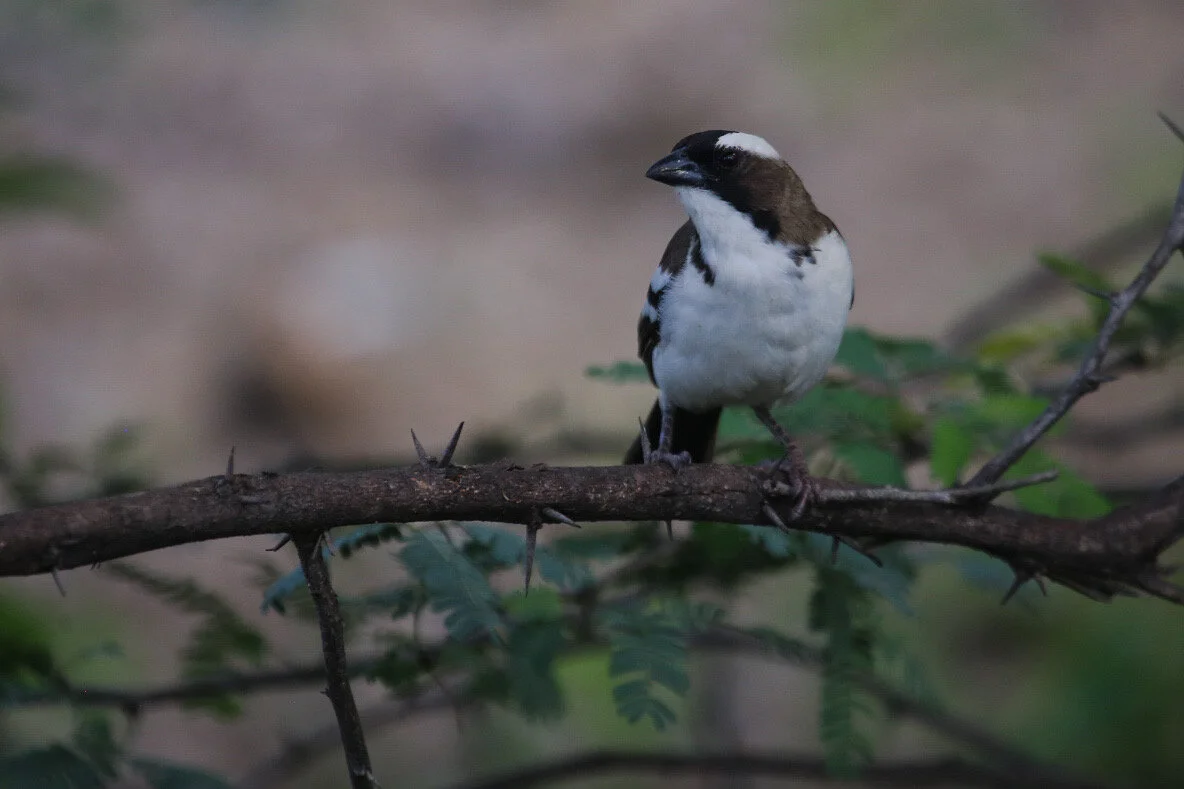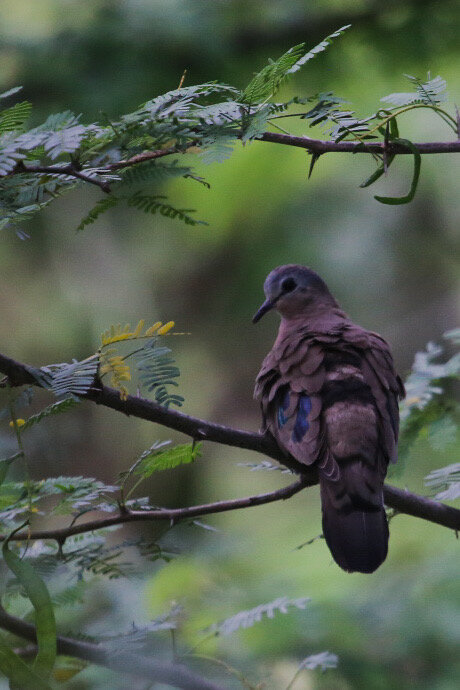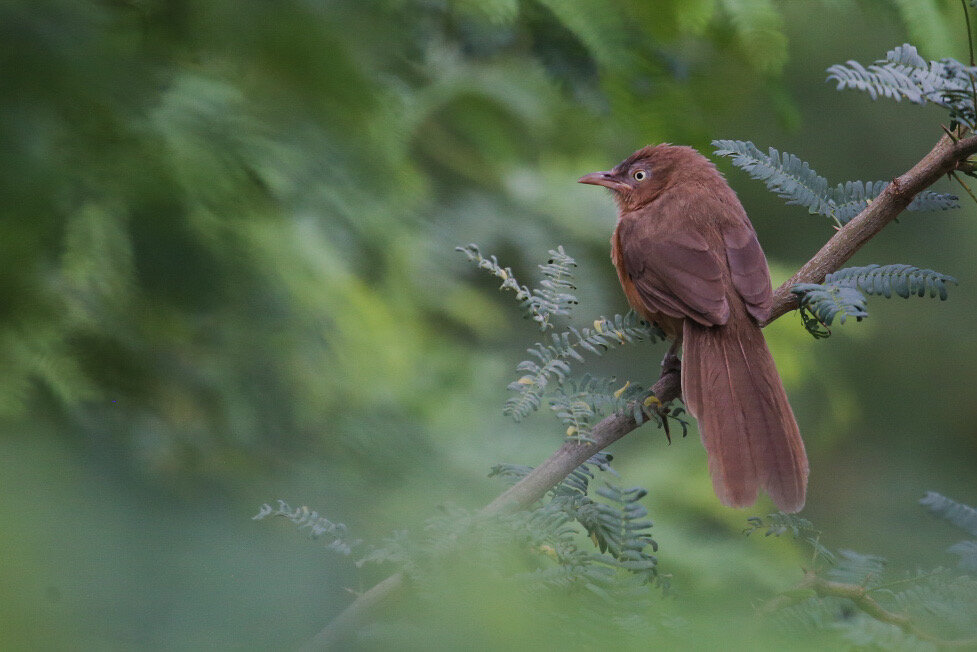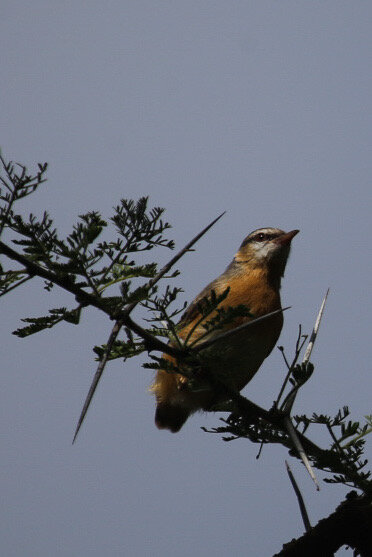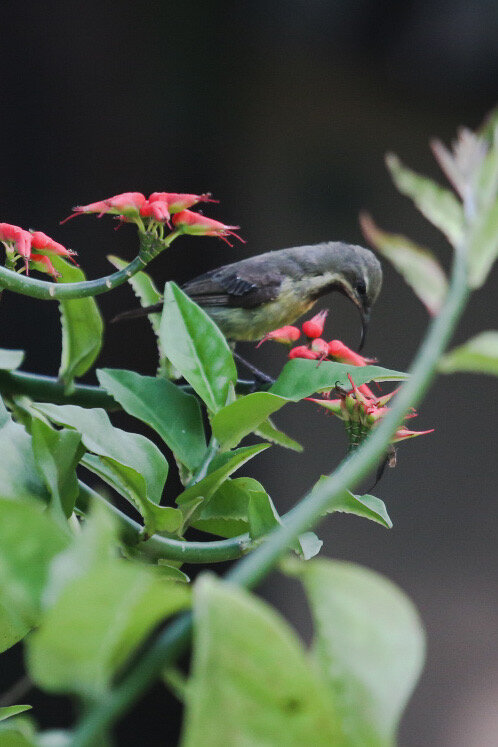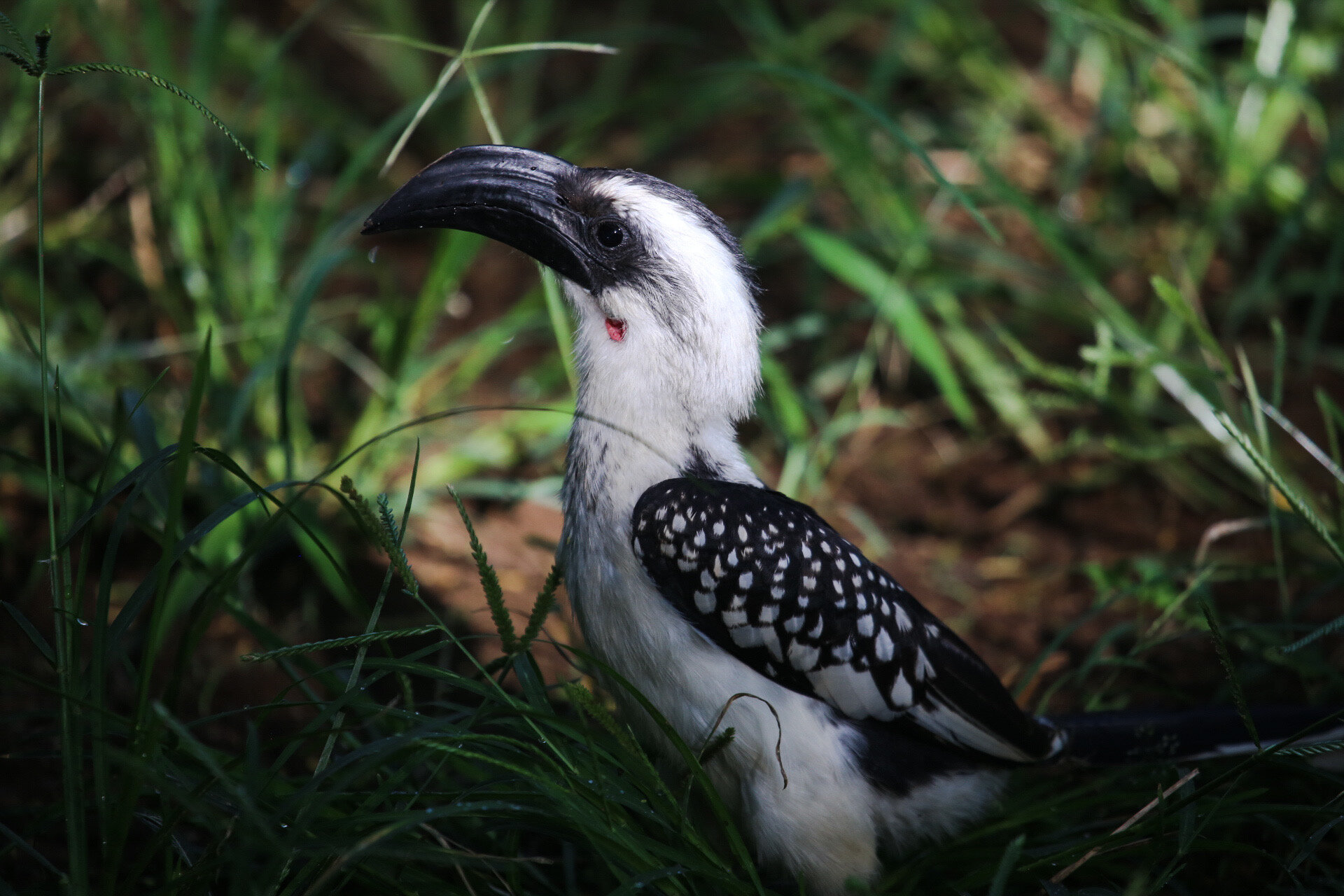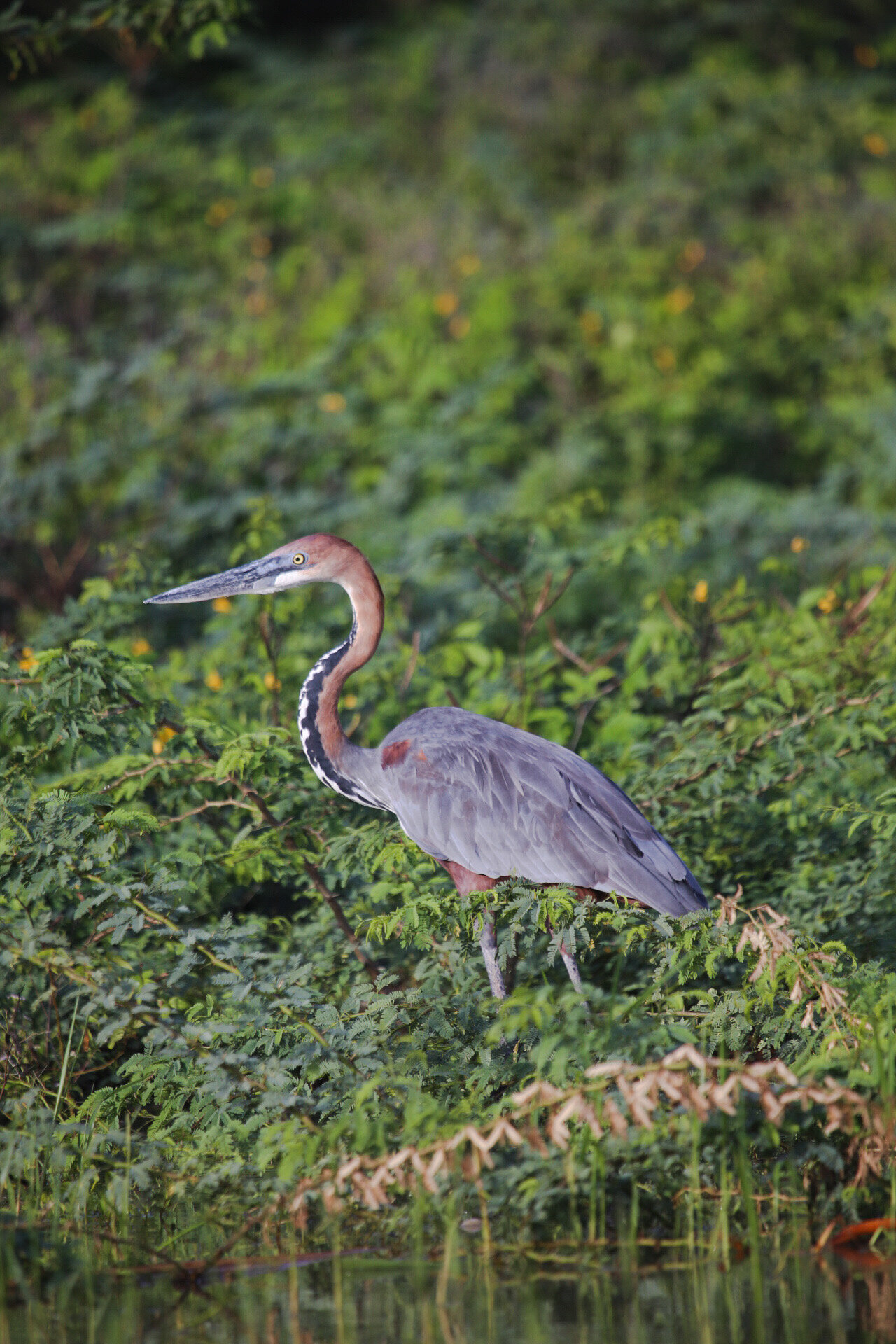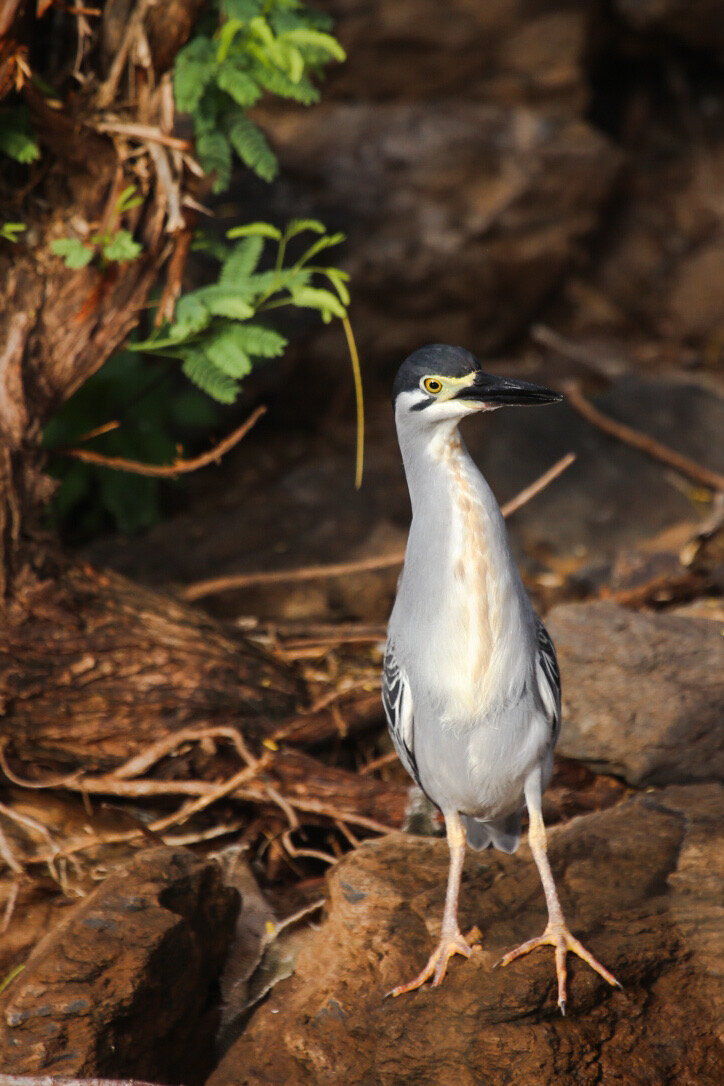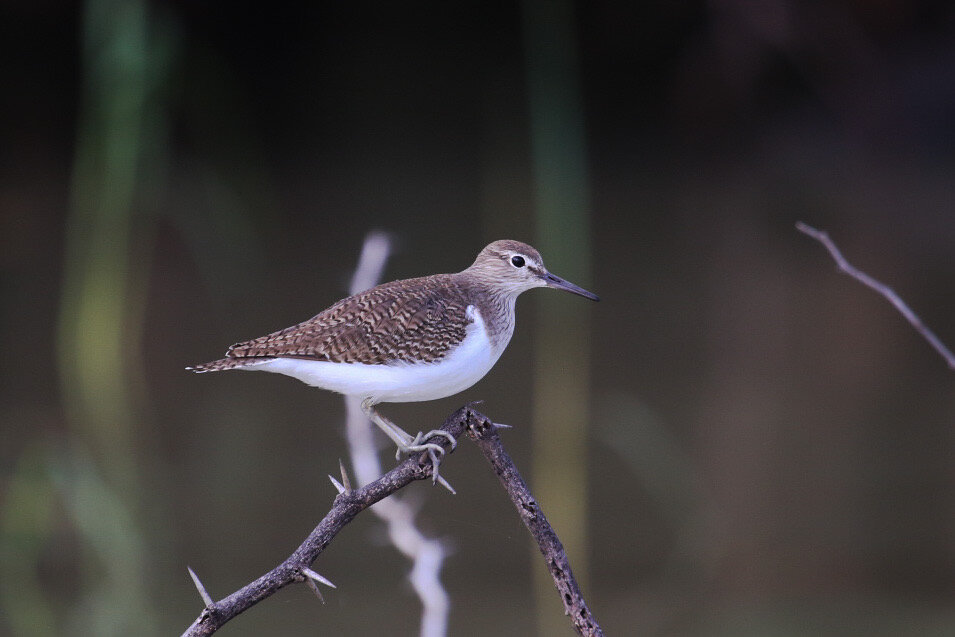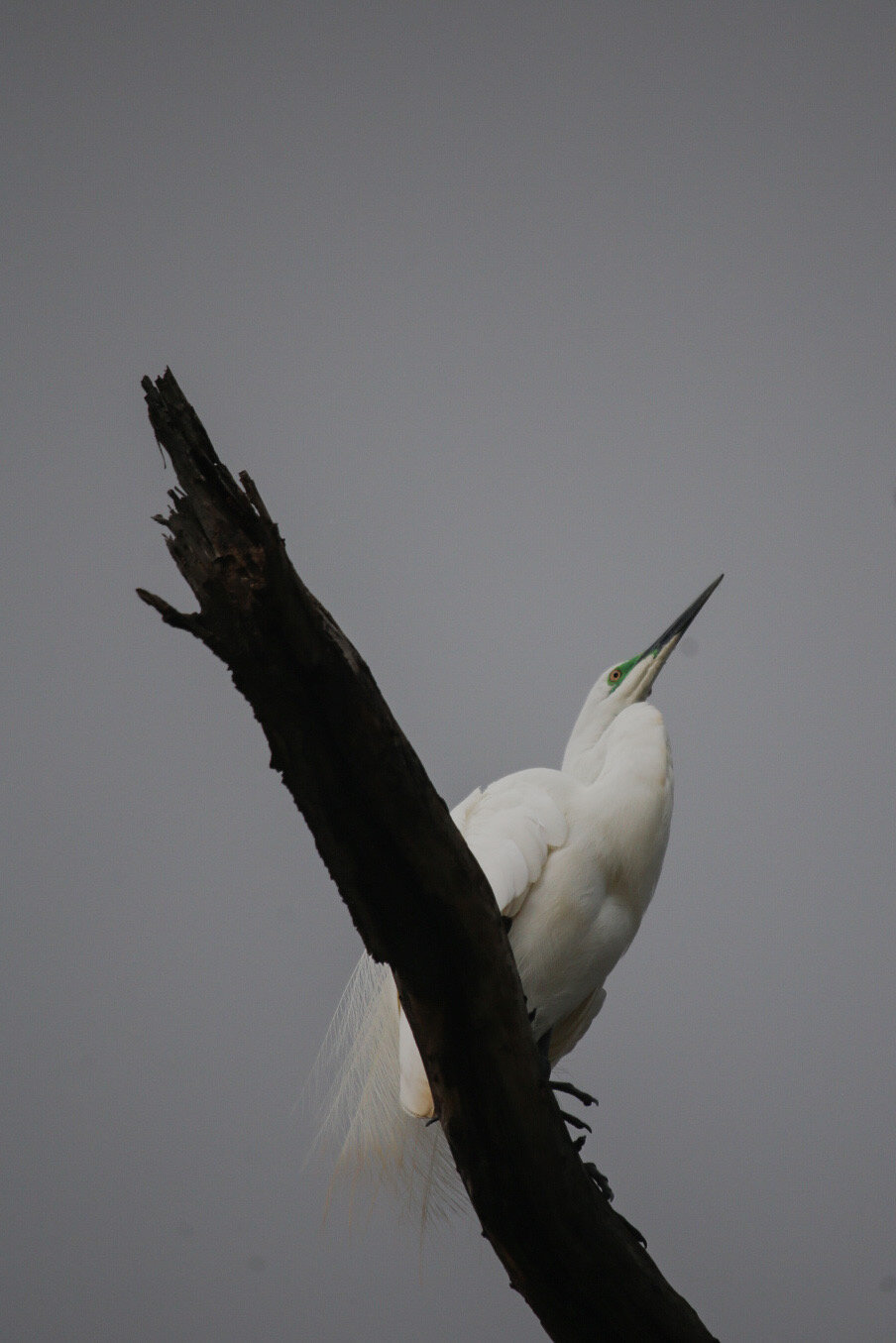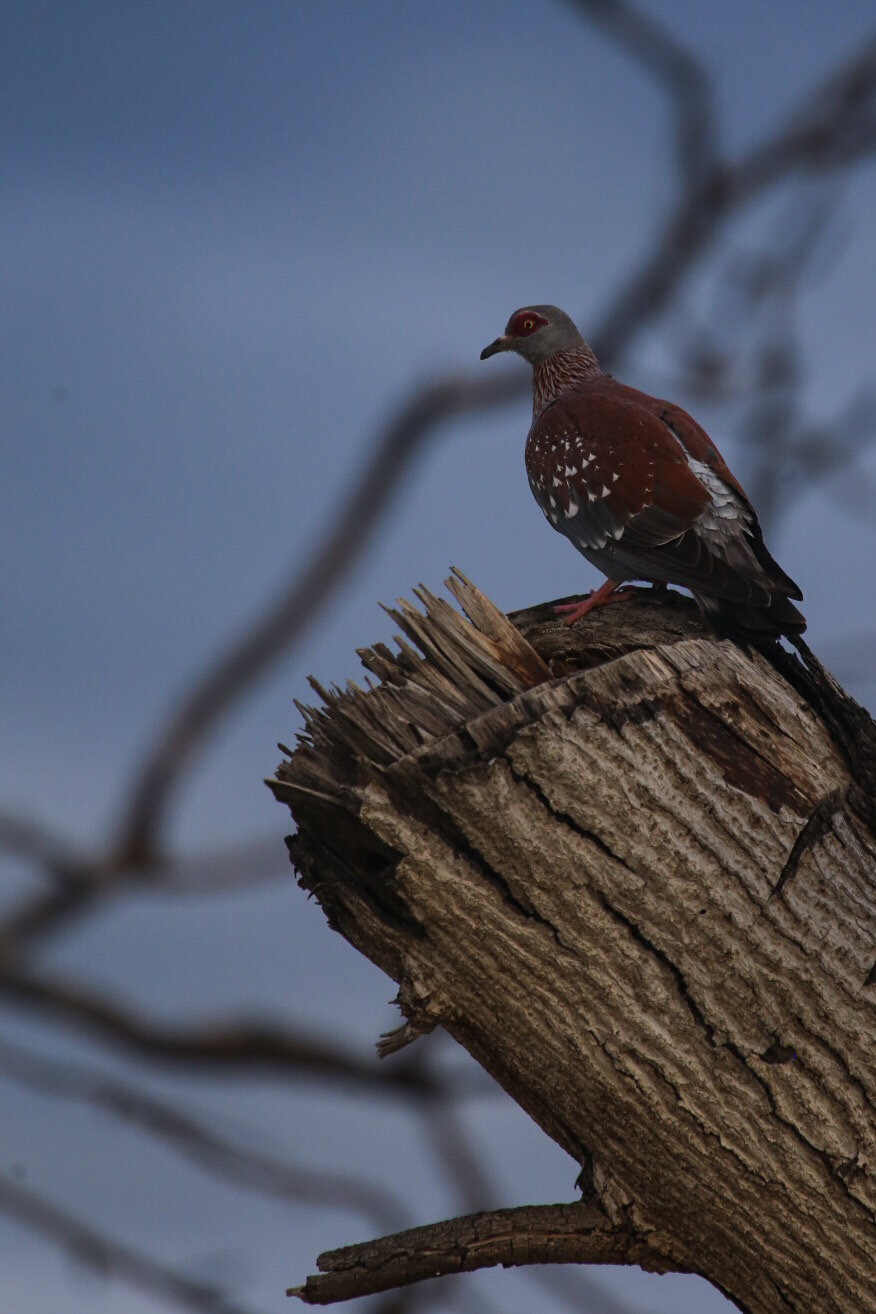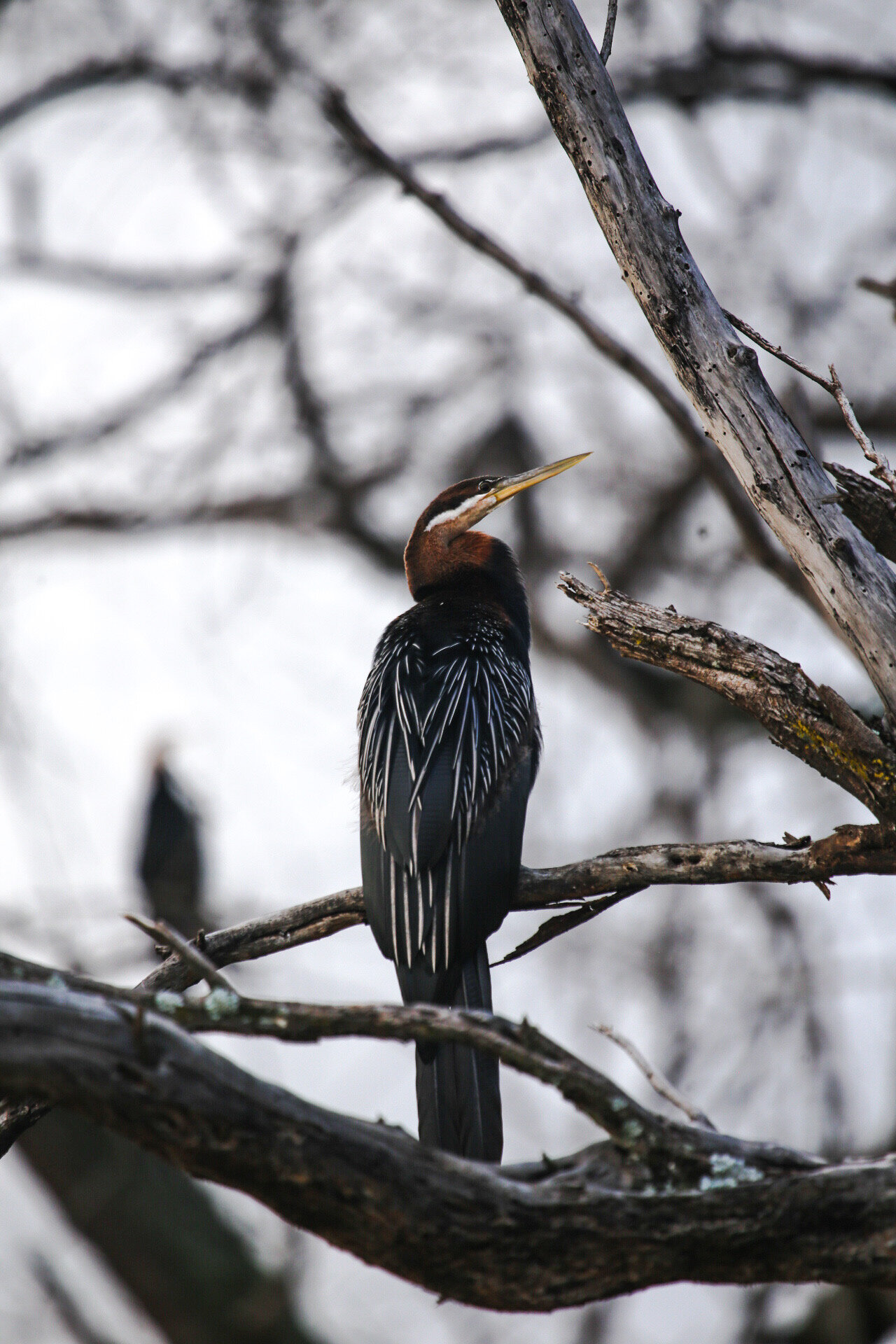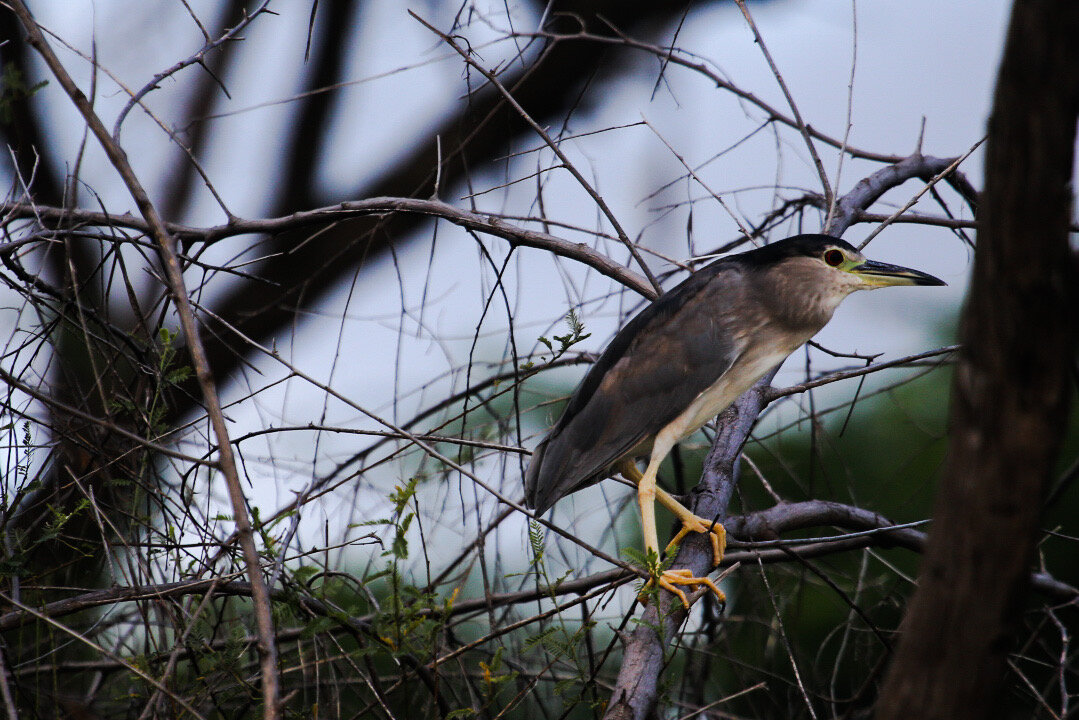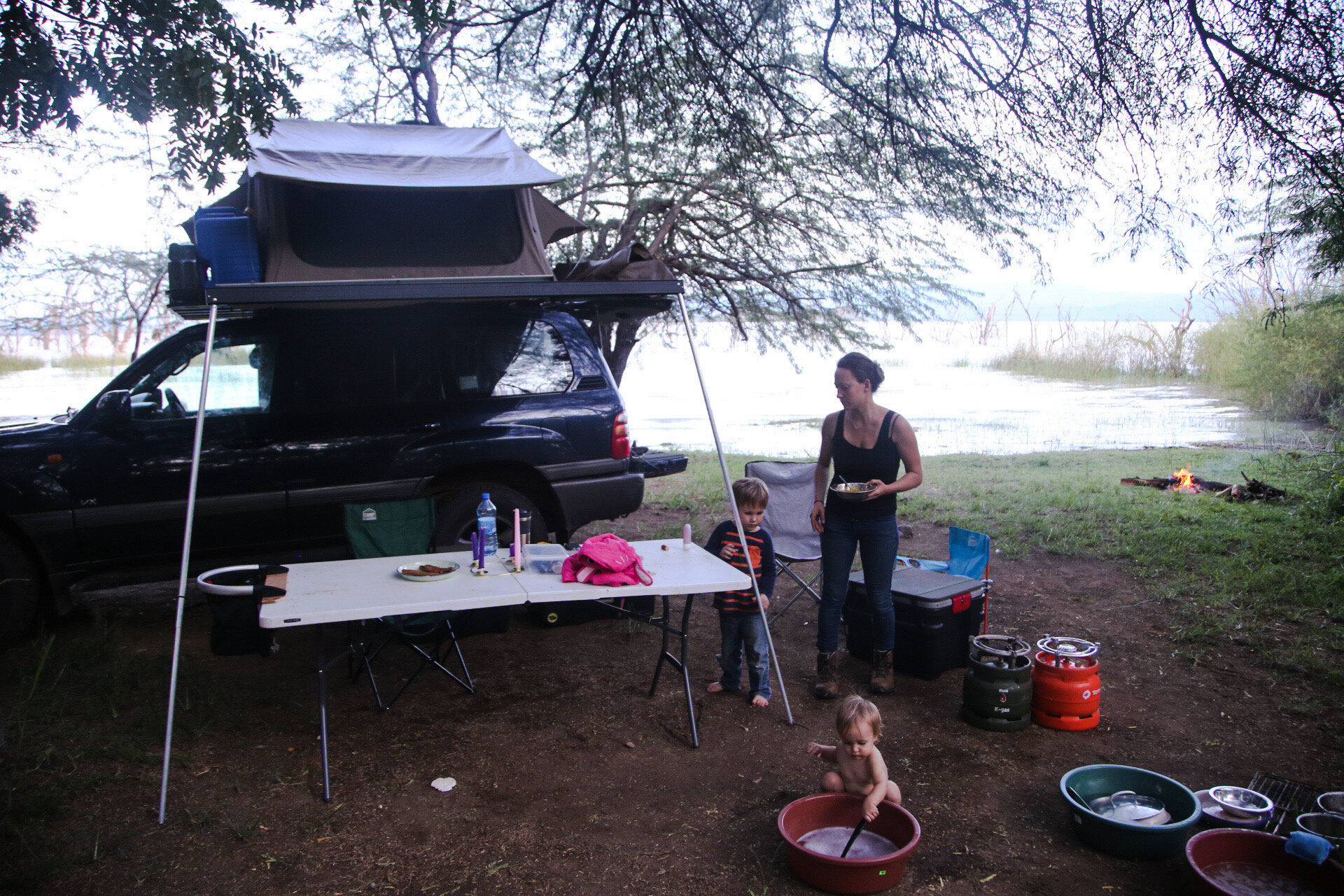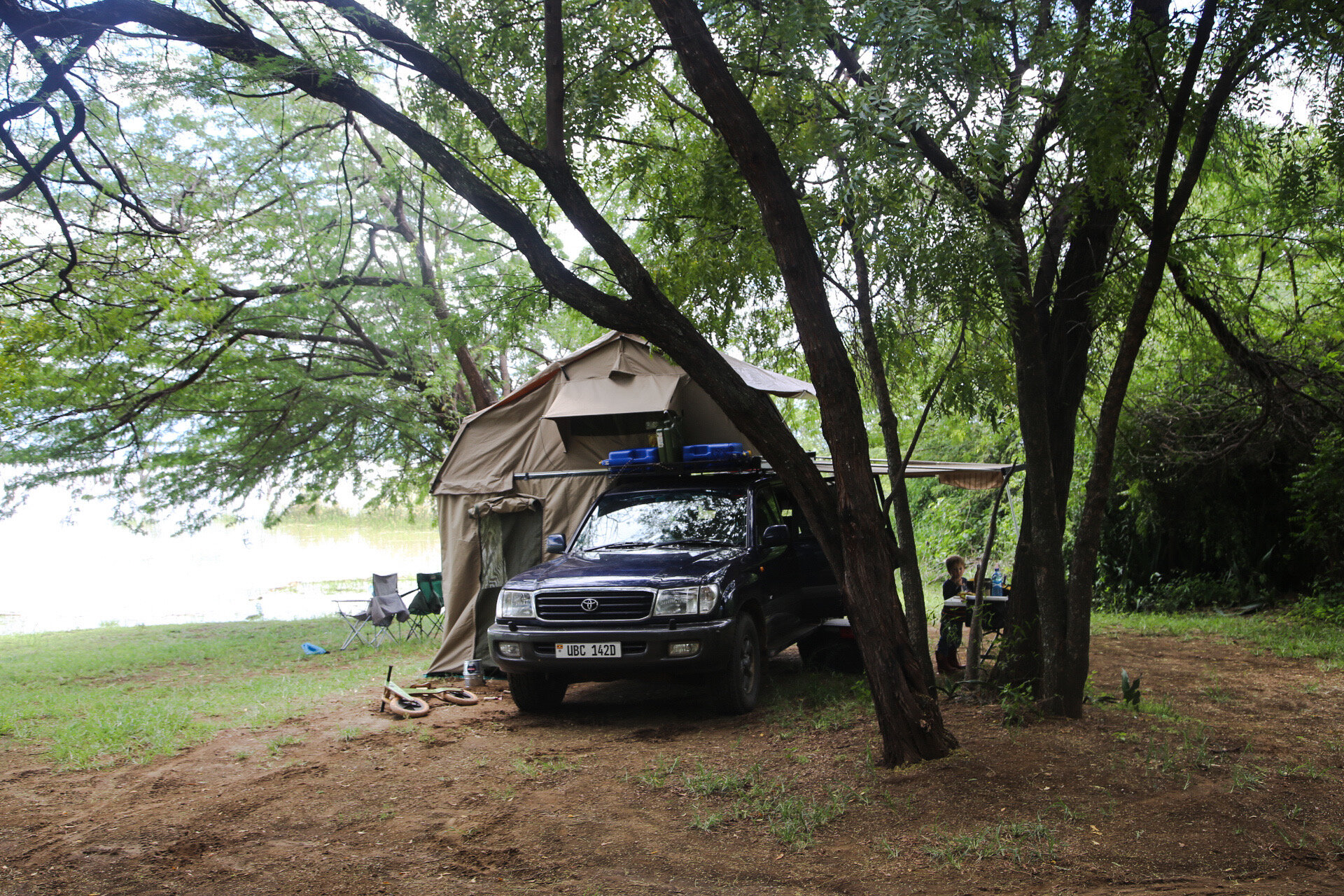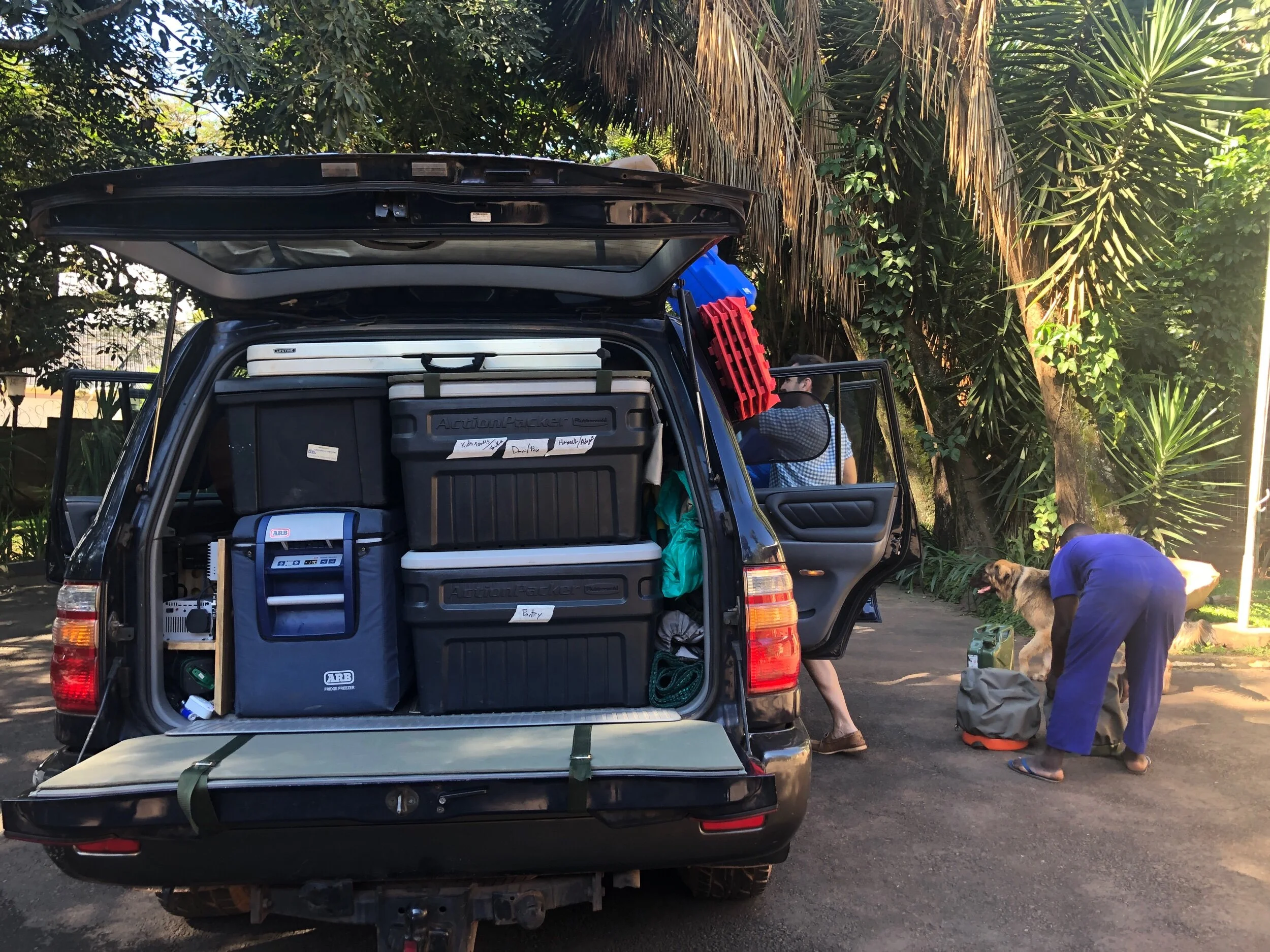We arrived in Watamu after a long drive through Tsavo East, ready to enter into relaxation mode. We were happy to put away the camping gear for a time, sleep in a real bed, and enjoy seafood. We were ready for a bit of pampering. Unfortunately, I had made the poor decision to save money by booking an AirBnB with no previous ratings. I’ll spare you the details, but although we did have an air conditioner, a bed, and a warm shower, we were not made to feel welcome and it was not a safe place for the kids, resulting in 6 days of tension and disagreements with the owner. Because we didn’t feel comfortable in our room and the boys were easily bored there, we spent most of our days out and about. This meant we had to carry two children and a large basket of our belongings around in the hot sun, making Eric and I so very tired. I also didn’t realize the beach closest to our room had more of a Rasta vibe than a child-friendly vibe. It wasn’t what we had in mind.
Although our time in Watamu wasn’t as relaxing as we had planned, there were still many highlights, although I didn’t pick my camera up very often to capture them. On Christmas Eve, I went around town in a tuk tuk, looking for small gifts to put into the boys’ stockings and that night we gathered with just about every other mzungu in town for Christmas caroling. We spent a good portion of Christmas Day being convinced to go on a boat ride (with a glass-bottom boat and where we would surely see dolphins!), waiting hours for that boat to materialize while we tracked down snacks for our hungry children, and riding on that boat (with cracked glass and algae so thick you couldn’t see through it. No dolphins.) Thankfully, Pax fell asleep on the boat and although we saw no marine life, Leo enjoyed the ride nonetheless. The best part of Christmas Day was when we insisted on getting off the boat and found a lovely beach with few people. There was nothing spectacular in those hours that followed - just our family splashing in the waves and digging in the sand, but it was my favorite part of our time in Watamu.
We were also lucky to find friends from Kampala, also with young boys, who took us out on their boat on the creek. They failed to catch any fish, so we stopped at a beach among mangrove swamps and the boys caught crabs instead - another highlight.
Watamu afforded us plenty of Italian food, ice cream, seafood, and a chance to restock our food for camping, but it did not afford us time to relax, which is what we wanted and needed the most. We were so very tired. We tried not to complain, but the truth was we were having a hard time. I had set my expectations high for this time on the beach, since going to the Kenyan coast for Christmas was a tradition for our family, as it had been for Eric’s family and even his father’s family, who would drive to the coast from eastern Congo every year. The pure exhaustive effort of traveling and camping with two children was wearing on us and we were getting short with each other. On top of it all, I was having strange abdominal pains and my eyes had been dry and itchy for at least a week, so I couldn’t comfortably wear my contacts.
We set off from Watamu, knowing the only way to get home to Kampala was to drive there. We turned back around and headed West, steeling ourselves for more driving, more exhaustion, and more camping as we set our sights to Chyulu Hills.






































